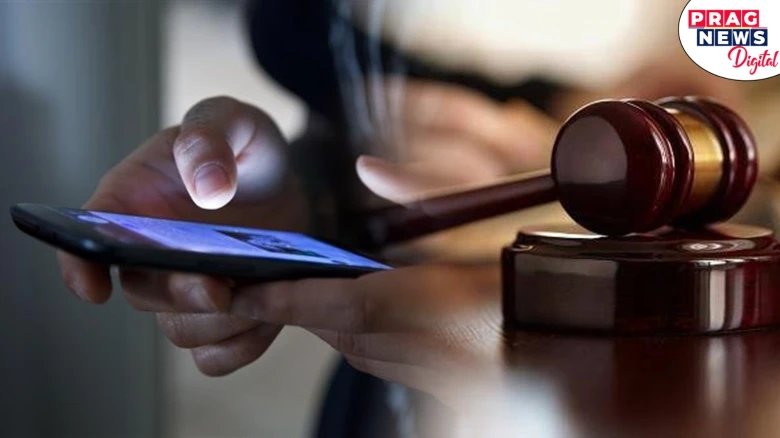International

Privately Watching Porn Video Without Exhibiting It To Others Will Not Attract Offence Of Obscenity...
Digital Desk: The Kerala High Court has ruled that watching pornographic photos or videos in private on a mobile phone does not constitute the offense of obscenity under Section 292 of the Indian Penal Code. The ruling, issued on September 5, came as the court considered a plea by a man who was arrested in July 2016 for watching explicit content on his mobile phone while standing on the side of a road near Aluva municipality.
The accused had petitioned the court to quash the criminal proceedings initiated against him under Section 292. Justice PV Kunhikrishnan, in his order, addressed the fundamental question: "Does a person watching a pornographic video in private time, without exhibiting it to others, amount to an offense?" He asserted that such an action could not be deemed an offense since it was a matter of personal choice and that interference with it would constitute an intrusion into one's privacy.
Also Read : I.N.D.I.A bloc's coordination committee to hold first meeting today; seat sharing to be on agenda
Crucially, the court noted that the prosecution did not allege that the petitioner publicly exhibited the video. The judgment stated, "I am of the considered opinion that watching an obscene photo in one's privacy, by itself, is not an offense under Section 292 IPC. Similarly, watching an obscene video from a mobile phone in one's privacy is also not an offense under Section 292 IPC." The judge emphasized that the offense under Section 292 IPC would only be applicable if the accused attempted to circulate, distribute, or publicly exhibit obscene videos or photos.
Consequently, the court dismissed the criminal proceedings against the accused, upholding the individual's right to privacy in this context. However, Justice Kunhikrishnan issued a cautionary note, advising parents to supervise children when providing them with mobile phones equipped with internet access.
This ruling marks a significant development in Indian jurisprudence, as it underscores the importance of safeguarding personal privacy rights while also highlighting the responsibilities of parents in the digital age.
Leave A Comment